Charles Pakana (VAN):
Nearly six years ago, I traveled across Victoria shadowing Aunty Jill Gallagher, then the Victorian Treaty Advancement Commissioner, and catching up with numerous traditional owners who had stepped forward as candidates for election to the First Peoples’ Assembly of Victoria. During that time, just about five and a half years ago today, I met up with one of those candidates at his home in one of Melbourne’s outer suburbs. Today, almost on the eve of the commencement of a negotiation between state government and Victoria and Aboriginal people, I’m once again sitting in the home of that same man who is now one of the two co-chairs of the First Peoples’ Assembly of Victoria, Gunditjmara man, Reuben Berg. Reuben, we’ve been here a few times before, so let me say once again, welcome to the program.
Rueben Berg:
As always, it’s a pleasure to be here.
Charles:
Reuben, let’s just reflect back on five and a half years. It’s been a mighty body of work that’s been undertaken and achieved. We had the elections in 2019, October, November 2019 for the First Peoples’ Assembly of Victoria and of course the Assembly elected Aunty Geraldine and Marcus Stewart as those first two co-chairs. You and your fellow co-chair, Ngarra Murray, now sit in those chairs. For you, what are one or two of the most telling moments over those past five and a half years?
Rueben:
Yeah, it’s been a long journey. Hard to pick out one or two to be honest.
Charles:
We can dive down to more. Don’t worry about that.
Rueben:
Yeah, I would say one quite powerful one in terms of getting an understanding of how far the Assembly had come in that time was when as newly elected co-chairs, Ngarra and myself were invited to the inauguration of the Governor Margaret Gardner. We were there as the co-chairs alongside each other and we were front row for that and there were a few little speeches being made and had, and the governor stood up to give her inaugural address and she acknowledged all the dignitaries and acknowledged a few people and hadn’t quite acknowledged us yet, which I thought was a bit odd, and that was because basically her entire speech was about the First Peoples’ Assembly of Victoria.
Charles:
Oh, how did that feel?
Rueben:
It was pretty powerful and I think that this is the status that we had grown this Assembly. We as the Assembly members, we as the community had grown the Assembly to that status, that we were a key talking point of the governor of Victoria’s opening address.
Charles:
The influence of the First Peoples’ Assembly though or the strength of that influence is not just a recent thing. I was thinking this morning and casting my mind back to a chamber meeting at the Aboriginal Advancement League in early 2020 when I believe it was Jason Kelly stood up and put forward a motion from a number of the members that there could be no Treaty without truth-telling and called on the Assembly to support a motion for a truth-telling commission. Do you remember that event out at the league? Must be etched in the memory.
Rueben:
I do, absolutely, because for that term of the Assembly, that was what felt like the last time we were all together because after that we went into lockdown, so never got together again in person, but you absolutely remember those conversations around this key concept of making sure we had the truth-telling happening in parallel with the Treaty process.
Charles:
How important has the truth-telling process, the work of all those amazing commissioners and the truth-telling receivers and all the support stuff, how impactful has that been on the ongoing work of the Assembly over these past nearly six years?
Rueben:
Hugely impactful, and I think we’re still yet to see the full impacts of that. We’ve seen one set of their reports come out and when that second series of reports and recommendations come out, that will be the really key things that continue to guide the work of the Assembly. And I was reflecting part way through Yoorrook’s term and talking with the commissioners and saying the reality we’re trying to create is one where potentially the recommendations that Yoorrook will be going to make about how do we improve things. They won’t be recommendations that sit with the state to actually fulfill those. There’s a chance that we’re going to create an environment and a landscape through this Treaty space where the Assembly will be in a position where it can be responsible for actually putting in place those recommendations.
Charles:
Now, we’re not going to go into too much about what’s going to be negotiated in this state Treaty. That, we’re discovering more about later on this week at a special event being held by the First Peoples’ Assembly of Victoria. Just for the audience, this is much more reflective piece because it’s important to understand where the Assembly has gone through, the challenges and importantly the successes.
Now, Rueben, you did mention lockdown then and it was an extended lockdown here in Melbourne and across much of Victoria. A lot of people thought lockdown was going to really slow down the work of the Assembly, but during lockdown, the decisions were made that we’d be going for a hybrid Treaty. All the work continued on the development of the Treaty negotiation framework. Did it slow down at all?
Rueben:
I think it definitely slowed down in some capacity and it made us have to rethink about how we would go about doing our business. I think we’d anticipated being out there in community, going along to community events and chatting to people about Treaty. There were no community events, so we had to create an online space to be able to have those conversations,
Charles:
That inability to get out there and actually be face-to-face with community right across Victoria, I am well aware and a lot of listeners will be well aware, created a great deal of friction, but that seemed to have been managed quite well. I want to get into the development of the Treaty negotiation framework. That incredible document, which look I’ll be very upfront, to sit down and read it from front to end is somewhat dry, but definitely is the framework of frameworks. What are some of the challenges that were involved in developing that rule book for state and local treaties?
Rueben:
It was a very complicated process. We had to try and understand what our aspirations were for that framework and to really try and push the state to the limits that they might be comfortable with in terms of progressing down that path. We knew that by having this framework that really strongly recognized law, Aboriginal law and our cultural authority would set the really strong foundations for Treaty making. And so to be able to have those conversations with the state and make sure that we could get that embedded within it, they were complicated conversations and we had to navigate various different paths to try and make sure we could get there, but I’m really proud of that Treaty negotiation framework.
Charles:
What are some of the highlights of, I suppose the last one and a half years since you’ve been the co-chair? Because it’s a two-year term this time, isn’t it?
Rueben:
Yeah, so we’ve got an 18-month kind of check-in, but it’s a three-year, our full term as members. What have been the highlights? Well, it was very unexpected to get thrust into a referendum, to be honest, as part of all that.
Charles:
And we’ll come to that in a minute.
Rueben:
And that was, I had the great privilege as one of the co-chairs to kind of be at the forefront of some of those conversations and stand on the steps of the state library alongside ministers and talk about the benefits of the voice and to talk about the benefits of the Treaty process we have here. And that was a moment I’ll never forget from a personal standpoint. I also remember quite vividly in response to some of the really concerning stuff that was happening around [inaudible 00:07:38] country.
Charles:
With one of the members of the Assembly, I recall that quite clearly. Yeah.
Rueben:
That’s right. We needed to make a stand and we did a press conference alongside Dylan and myself, and we had all the members standing behind us and I remember that as a really powerful moment, a kind of galvanizing moment that we would all stand together to kind of address these matters, and that was really key moment of this term of the Assembly.
Charles:
You were very quick at the announcement of the failure of the referendum to reassert the main work of the First Peoples’ Assembly of Victoria. I recall that on the Friday I actually drove up to Taungurung country thinking I’d just sit there for a couple of days, then received an email saying, “Well, get down to Collingwood,” because on October the 15th there was a media conference with you and Aunty Esme saying quite bluntly, “Yes, it’s failed, but Treaty is the game in town.” Was that a planned event that this was going to happen regardless of whether it was a success or failure for the referendum?
Rueben:
We’re always going to have some form of event to respond to what had happened, absolutely. And as I’ve said many times now, I was extremely fortunate to know that we were waking up in Victoria and actually had the Treaty business to get onto, and that’s what we’ve done.
Charles:
Strategically, was it an important step to take with regard to, I think really the media, let’s say, and getting that message out there so quickly after the referendum, given that a lot of the leaders of the voice campaign were saying, “We’re just going to be silent for a week.” I mean, you Ngarra and so many of the members were leaders in that campaign. You were just not going to take that week off, but go straight into it.
Rueben:
We wanted to not draw out, to be honest, any considerations around the voice, and it’s the parallels with the Treaty process. We just wanted to say this is our response to it and we’re moving forward.
Charles:
What were some of the unique challenges that was almost unexpected, the referendum, almost a year of campaigning? What impact did that have on the work of the Assembly? Because it must have been a distraction.
Rueben:
Yeah, I’d say it was a distraction just in the sense that there was another thing for us to be focused on, but we kept doing the work. We knew that regardless of what happened with that federal referendum, it was a very different process to the process we were working on. And so it didn’t, I think make us lose our focus on the work that we had to do. We just knew that there was other stuff happening that was as much as anything there to support our brothers and sisters and our cousins in other states and territories. We were continuing on with our work.
Charles:
Let’s take it back now to 2020 with the announcement of the decision to go with a hybrid Treaty model, and that is a model that would encompass a statewide Treaty that would benefit well, all Victorians, but specifically for all Victorian Aboriginal people, and then another part of the hybrid model being for traditional owners. What were some of the challenges in developing that model?
Rueben:
I’m glad you come back to that. I think it was probably one of the most impactful decisions we made, alongside Yoorrook, was that decision to go for both the hybrid model, and I don’t think it was the state’s expectation that we would have a hybrid model.
Charles:
What were they expecting? Just a statewide Treaty?
Rueben:
No, no, just Traditional Owner Treaties is my understanding. The Assembly was going to come up with the process for how Traditional Owner Treaties would work and then that would all roll out and is in such that the Treaty act itself, we had to vary it a little bit to make better account for the fact that that’s the work that the Assembly is going to be doing. So it was a really significant step for us to take and it was really through the realization that we had an opportunity to make some really significant change and the best way to make that change wasn’t to be able to pick between those two different options of the statewide approach or the local approach, but to go for both.
Charles:
Was there any pushback from the government when you came forward and said, “This is what we want to do, these two types of treaties.” There must have been some degree of dissent at least I would imagine.
Rueben:
Not that I was aware of. We put down our case and it’s there in the framework.
Charles:
What about the transition of premiers? We had Andrews move on and Jacinta Allan come in. How did that impact at all and what were the actions undertaken within the Assembly to re-establish those relationships with the leaders of the government?
Rueben:
It was a tumultuous time really. We had the referendum, we had a change in premier, a change of minister as a result as well. We had already had connections with Jacinta Allan prior to the change. I’d met her down in Bendigo previously and had developed a good relationship with her and she already had a good relationship with the Jarrah people, and it was quite reassuring that when she was selected as the premier and they had the first press conference, that Treaty was one of the things she mentioned as being really important. So that gave us a good sense that yeah, there’s going to be some changes, but Treaty was still on the agenda.
Charles:
Were you heartened by the evidence that she gave at the Yoorrook Justice Commission?
Rueben:
Very much so.
Charles:
Let’s now look at the Self-Determination Fund, quite often the forgotten brother of all these things. The Self-Determination Fund, just explain that a bit for the audience if you wouldn’t mind.
Rueben:
The Self-Determination Fund is a fund that’s been established by the Assembly. It’s kind of operated by the Assembly, but we created a trust that’s made up of experts from our community in financial matters and they manage the fund and it has two main purposes. The first purpose is to support traditional owner groups to get ready for local treaties, to make sure they’re getting the work done that they need to ready themselves for [inaudible 00:13:10]-
Charles:
And we’ll come back to that in a minute too.
Rueben:
And the second purpose, which is a more future-focused purpose, is around enabling us to build wealth and prosperity for our communities.
Charles:
And we’ll deal with that one first though. That sounds very much like, well, that’s what you’d expect from a Treaty anyway. Why is it embedded within another organization or another part of the Treaty process?
Rueben:
Well, it all sits within the realm of the Assembly. So it is a fund that is owned by the Assembly, so it’s not distinct from the Treaty-making process. It’s just a tool, I guess, to enable us to achieve those things. So the resources that will need to go into that fund is what we’ll be looking at negotiating as part of a Treaty process.
Charles:
Let’s now talk about the Self-Determination Fund as it relates to the Traditional Owner Treaties and getting them Treaty-ready. What does that actually look like for the TO groups?
Rueben:
Like most things within our processes, it’s a flexible process. It doesn’t look like one necessarily prescribed thing, and that’s one thing we’ve always been very mindful of is that often government’s approach is things have to be done this, this, this, and this way. And we’ve always tried to take a principled kind of flexible approach. So there is financial support there available for traditional owner groups to do whatever they think is necessary for them to get ready for Treaty.
That could mean they want to have a staff member within their organization who’s focused on Treaty, who can coordinate events for their traditional owner group. It might mean they want to do research about particular aspects of Treaty from around the world. It might mean they want to get legal expertise. It might mean they want to do storytelling and cultural discovery about how they might want to approach Treaty. There’s no real limit on it as long as it’s related to them progressing their Treaty process.
Charles:
I want to now talk about something that you and I have yarned about a couple of times, and I first heard you make mention of a couple of months ago, maybe a month ago when you and Sue-Anne Hunter and Jackie Huggins were on stage in Melbourne, and you talked about normalizing Treaty, that your goal was that Treaty would not be something the media would constantly be pouncing on because it was such a normal part of our society. Just expand on that a bit for us and how you see that actually being a reality.
Rueben:
Yeah, I think that’s our greatest chance for success is to be able to have it normalized in the sense that Victoria is a place that has Treaty. It’s just a thing that when it’s in place, we’d wonder how have we ever operated without there being this relationship between First Peoples and the state embedded through Treaty. And so it’s really about making sure that for the broader Victorian community, they have a sense of pride in the fact that we have a Treaty process, but they say it’s just something that’s happening. It’s part of the fabric of how Victoria operates. And by having the Assembly as part of the inauguration of the governor, that was one of those ways of transitioning to that space where the Assembly and the Treaty landscape is just an embedded part of how Victoria operates.
Charles:
What are some of the ways in which you believe it would be normalized though?
Rueben:
I’m not sure I’ve thought too much in detail about what that looks like. It’s as much as a challenge for the allies to think about what it means to be normalized as for us, but the Governor and I often talk about, because we’ve got young kids and we know that our kids are going to grow up thinking that Treaty is just the way things are, and that’s kind of what it is. That Treaty is just an ingrained part of how we operate.
Charles:
So let’s talk about allies, and that’s something that you and I have yarned about quite a number of times over the years. Over the years, you’ve said in most situations just wait and watch this space. I’ve been watching this space for quite a few years now. What is the role of allies and collaborators right now when it comes to Treaty and going forward and bringing in this concept of normalizing Treaty?
Rueben:
Yeah, I think a key part of that is being able to help do some myth busting around Treaty process. We see it happens every time that there is any element of Treaty within the media landscape is there’s just things that are just completely not true coming out there. And when people come together for a barbecue or whatever, there’ll be people might want to talk about Treaty and they might have completely the wrong idea about it. And the more we can have our allies out there actually saying, “No, that’s not what I understand Treaty to be. Treaty is not about taking your backyards. Treaty is a very different thing to that.”
Charles:
We have spoken again quite a few times and I know it’s been a subject of matter of discussion right across Victoria and in other areas, but how long will Treaty take? Now, I’m not going to ask you that question right now, but I was in Uber yesterday on my way into the Federation during an interview and as is often the case, I started talking Treaty with the Uber driver and said, “Are you aware that we have a Treaty process in Victoria?” He said, “Yes, but when’s it actually going to happen? Why can’t they just make a decision and then make it all right for the Aborigines?” His words, not mine. So what are the challenges? As I said before, we’re not going to get into the details of the negotiations, but what are some of the key challenges that you can see ahead, without getting too political?
Rueben:
I’m not too stressed to be honest about the challenges we’ve got ahead.
Charles:
You do. You’re very calm, mate,
Rueben:
Because there’s not a sense that we’ve just kind of come up with this idea overnight. We’ve been working on this for a long time and we’ve been building the different blocks that need to be put in place to make this a reality. So I feel pretty confident in the base that we’ve got, the stability of what we’ve built, that I know there’s going to be some ups and downs and there’s going to be some debate around the details and there’s going to be… Stories will pop up here and there about certain things, but-
Charles:
I’m sure they will.
Rueben:
… I’m confident in our process, I’m confident in our community and I’m confident that we can weather whatever it is that might come along because we’ve got this really solid base and we’ve got really kind of simple proposition at the heart of what we’re trying to do, which is that when it comes to First Peoples’ business, we’re the experts and we should be responsible for making decisions about things that affect our lives.
Charles:
And that of course brings in the matter of the Treaty Authority, those people who oversee the processes of Treaty. The role of the Treaty or authority is going to be critical going forward. Do you see that a lot of the work that people would assume would’ve been the First Peoples’ Assembly of Victoria and Treaty negotiations is actually going to be the role of the authority? Because I know there’s a hell of a lot of a work that’s going to be expected from them.
Rueben:
They are kind of the independent facilitator. They’re the overseer of the Treaty process and they’re there to help us when there are issues that come up and they’re really there as much as anything to support traditional owners in their process for Traditional Owner Treaties. That’s I think where their key role sits within this entire process. Not to diminish any of their other roles, but I think that’s where the significant work of the Treaty Authority will be.
But having said that, they do play that really key role in making sure that as a process that everybody’s doing the right thing within that. That’s both the state and the Assembly and traditional owner groups and additional parties who might come to the table. They’re there just to make sure that everybody’s acting in accordance with what we’ve put in place.
Charles:
When it comes to Traditional Owner Treaties, we’ll lead the Statewide Treaty alone on that for a bit, but when it comes to Traditional Owner Treaties, will the First Peoples’ Assembly of Victoria play much of a role in that, given that the Self-Determination Fund is there to help to groups get Treaty ready, are they just going to have the Treaty negotiation framework be given any sources they need from the Self-Determination Fund than just let go or will the Assembly be involved?
Rueben:
It’s up to them. In a true act of self-determination, we’ve said that if traditional owner groups want support from the First Peoples’ Assembly, if they want us to be there supporting as part of their negotiations, we’re happy to be there as part of that. But it’s up to them. It’s up to traditional owner groups to decide how they want to progress things.
Charles:
Reuben, right from the very start of the First Peoples’ Assembly of Victoria, there were reserved seats for all the recognized Aboriginal parties under native title Traditional Owner Settlement Act and the RAP. The only one not to take it up was Yorta Yorta. Now, I recognize also that we’ve had Wamba Wamba come in since then. Yorta Yorta is still to take up their seat. Has there been any movement on that?
Rueben:
Yeah, we’ve had some really positive conversations with Yorta Yorta and are very hopeful that they’ll be able to take up their seat. It has been a bit of something we’re mindful of that we have had a group not participating. We have had very strong participation from Yorta Yorta members in various ways. A lot of our members identify as Yorta Yorta, and there’s many Yorta Yorta members on our role who are participating. But yeah, we’ve been having some really positive conversations with Yorta Yorta and it will be fantastic when we are able to have all the groups there alongside those groups that aren’t recognized under those systems that have been put in place by the state.
Charles:
Last topic, and that is the electoral role. I know the Assembly has been doing enormous work, as did Aunty Jill and her team during the days of the Victorian Treaty Advancement Commission. We’re aware that it’s not 100%, nowhere near close. What do you say to mob out there in Victoria who are thinking, “Well, you know, Treaty is underway now.” They don’t need to be involved. “What the hell? We’ll just keep off.” Because the Assembly is going to keep on going, isn’t it, regardless?
Rueben:
Absolutely. It is growing, the electoral role, and we do need mob to sign up. We need everybody involved. There’s always strength in numbers, but I was just reflecting on the most recent U.S. election, which we don’t want to go too deep into that.
Charles:
No.
Rueben:
But there you had probably the most important election in the history of that country. And from what I can see from the stats, about a third of the people who were eligible to vote didn’t turn up to vote. That’s in the most important election in that nation’s entire history. And with it blared on every single TV screen for months and months and a third of the people didn’t participate. So I’m always very mindful of what is a realistic bar to set about how many of our mob are going to participate in a process that’s a voluntary process, but that doesn’t mean we pause. We still want to keep pushing and get as many mob involved as possible, but just because we’re starting Treaty doesn’t mean we don’t need people involved.
Charles:
Rueben Berg, thanks so much.
Rueben:
My pleasure.


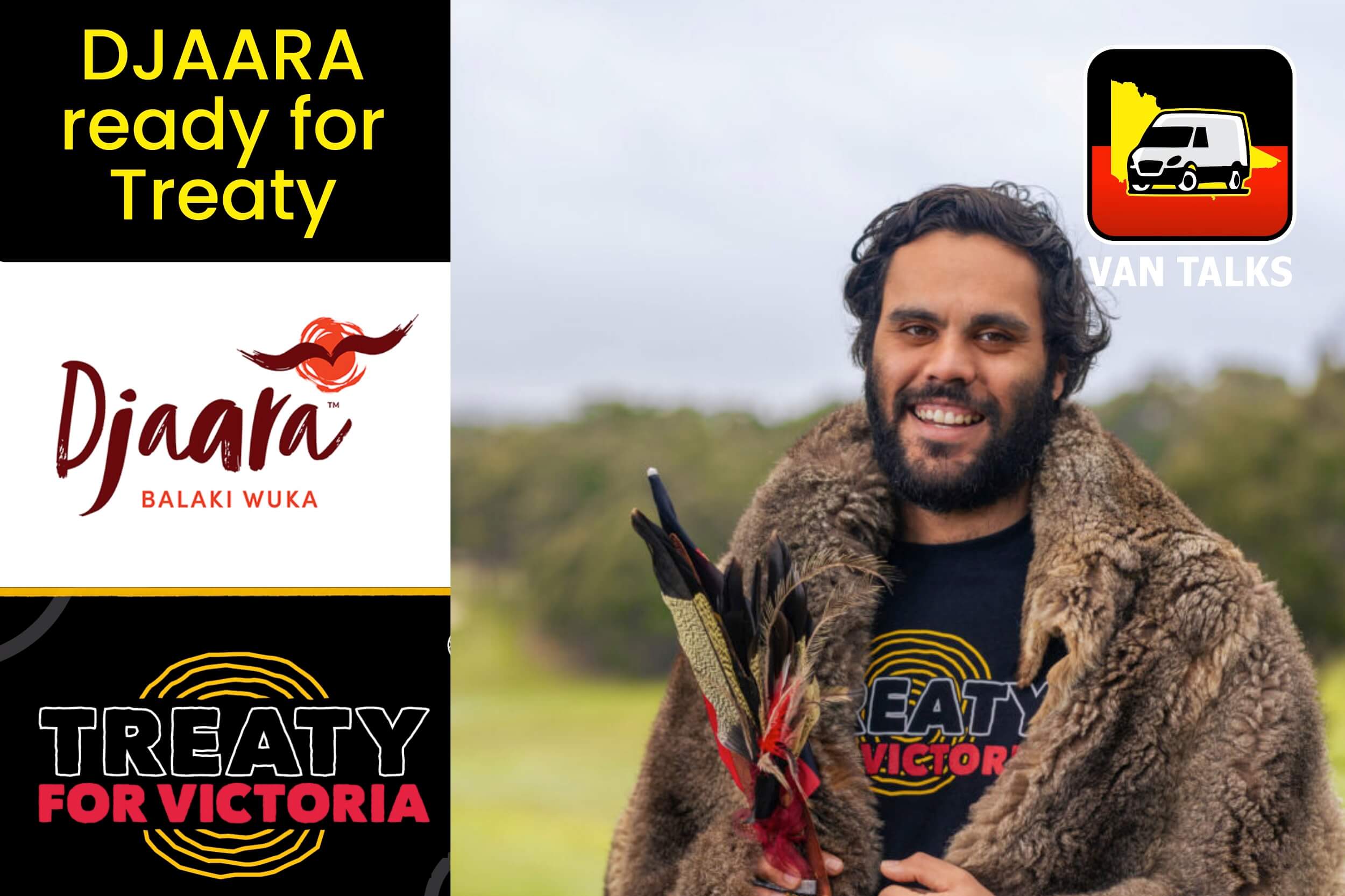
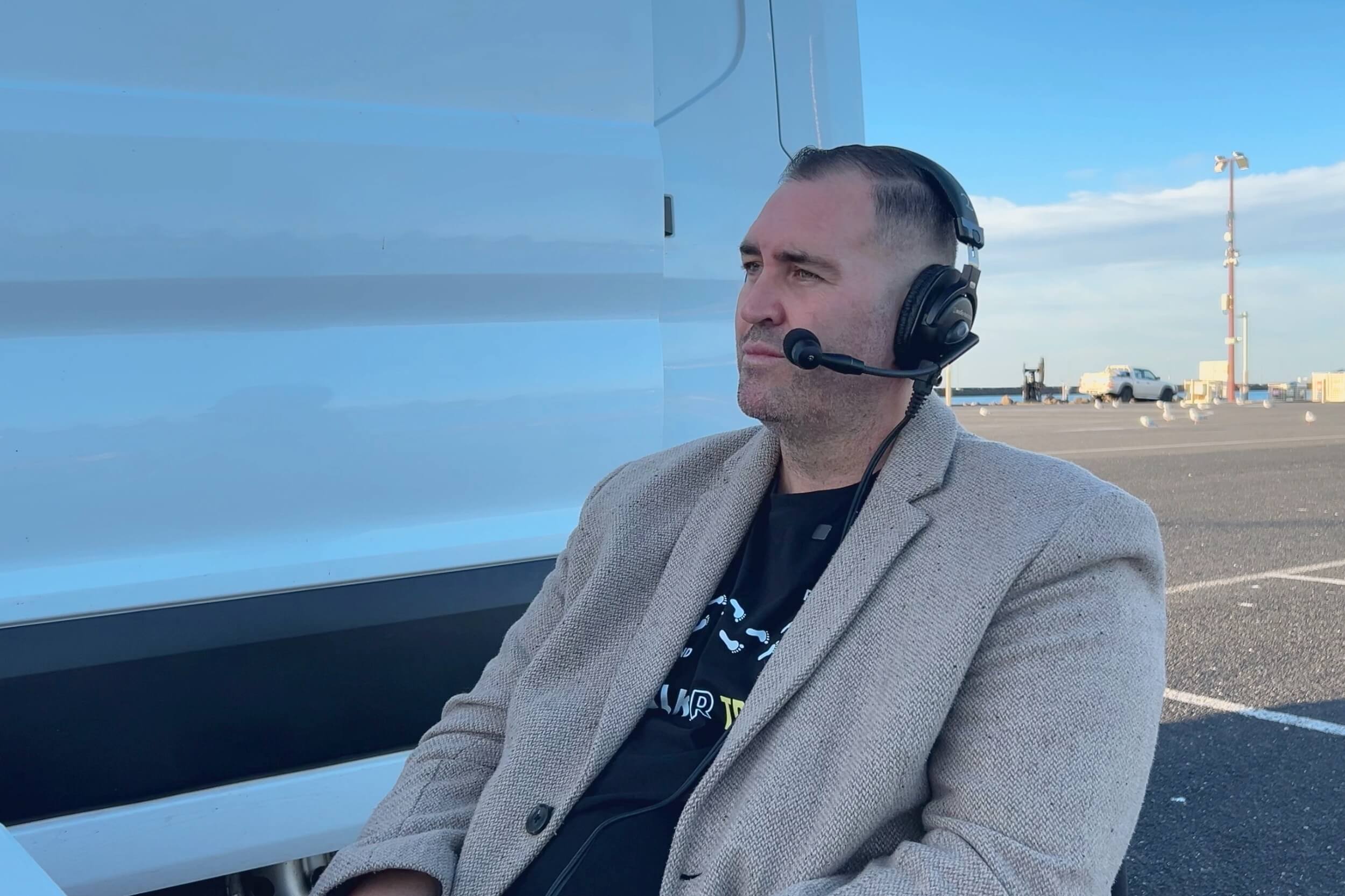
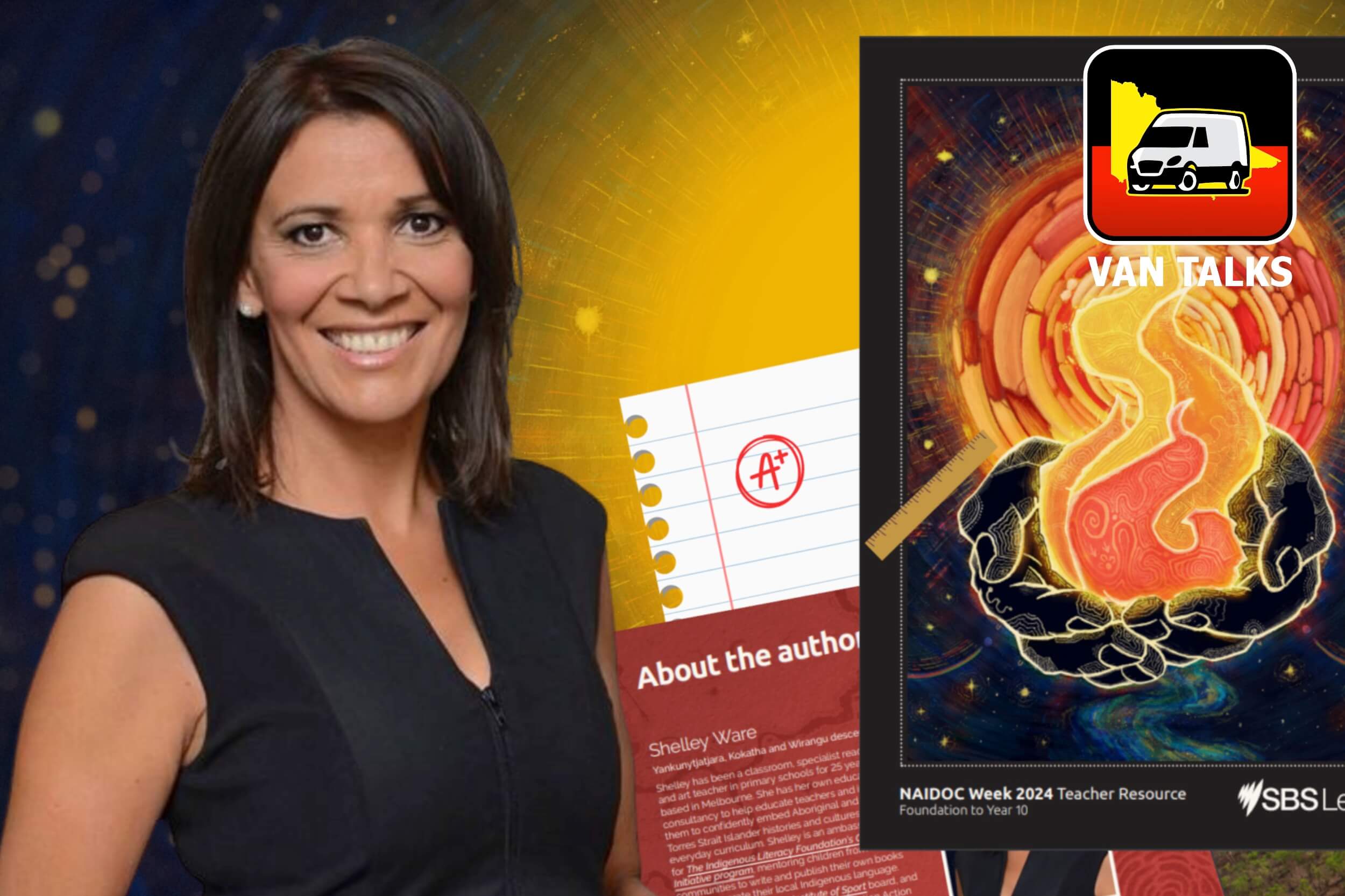
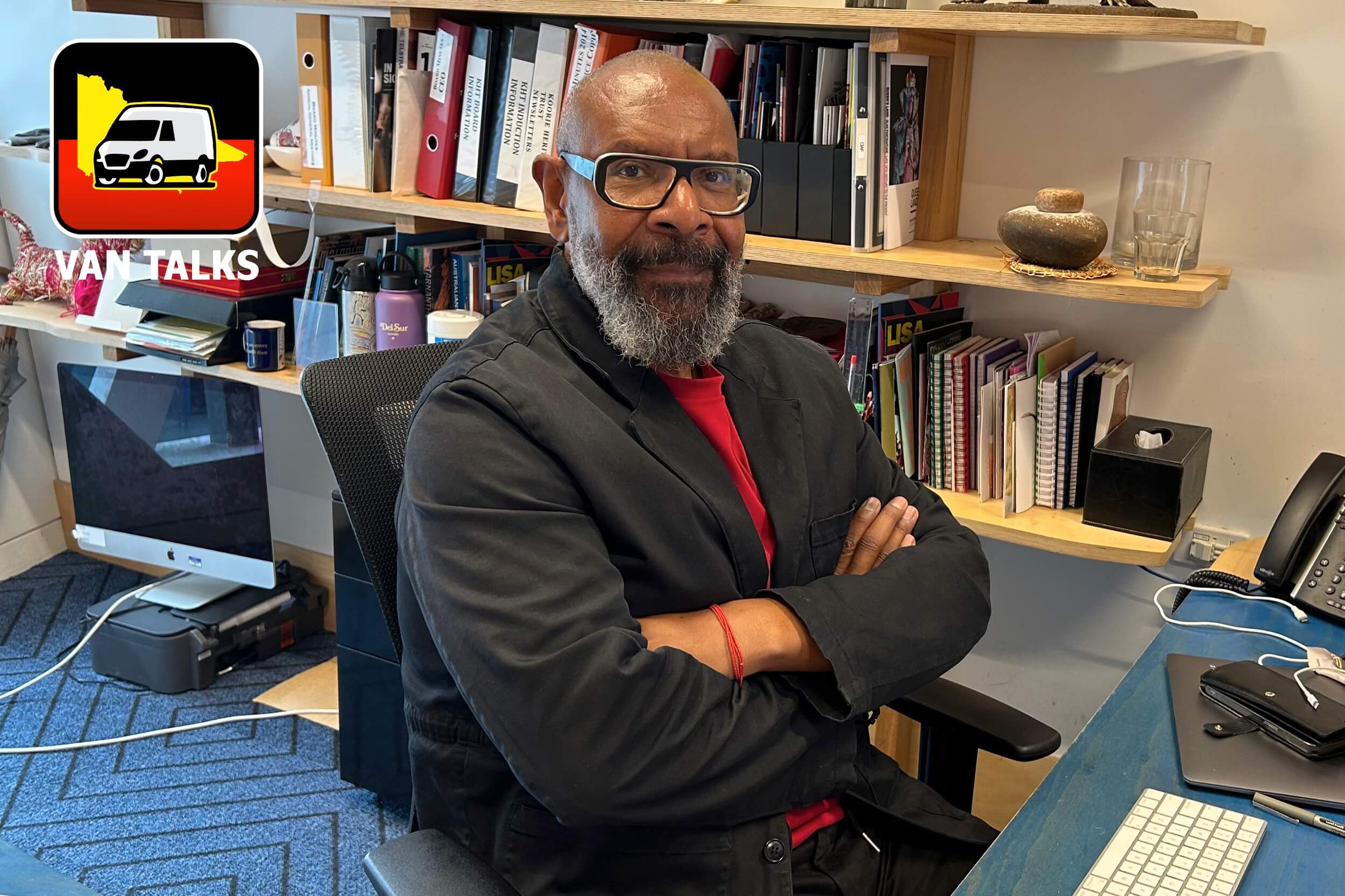
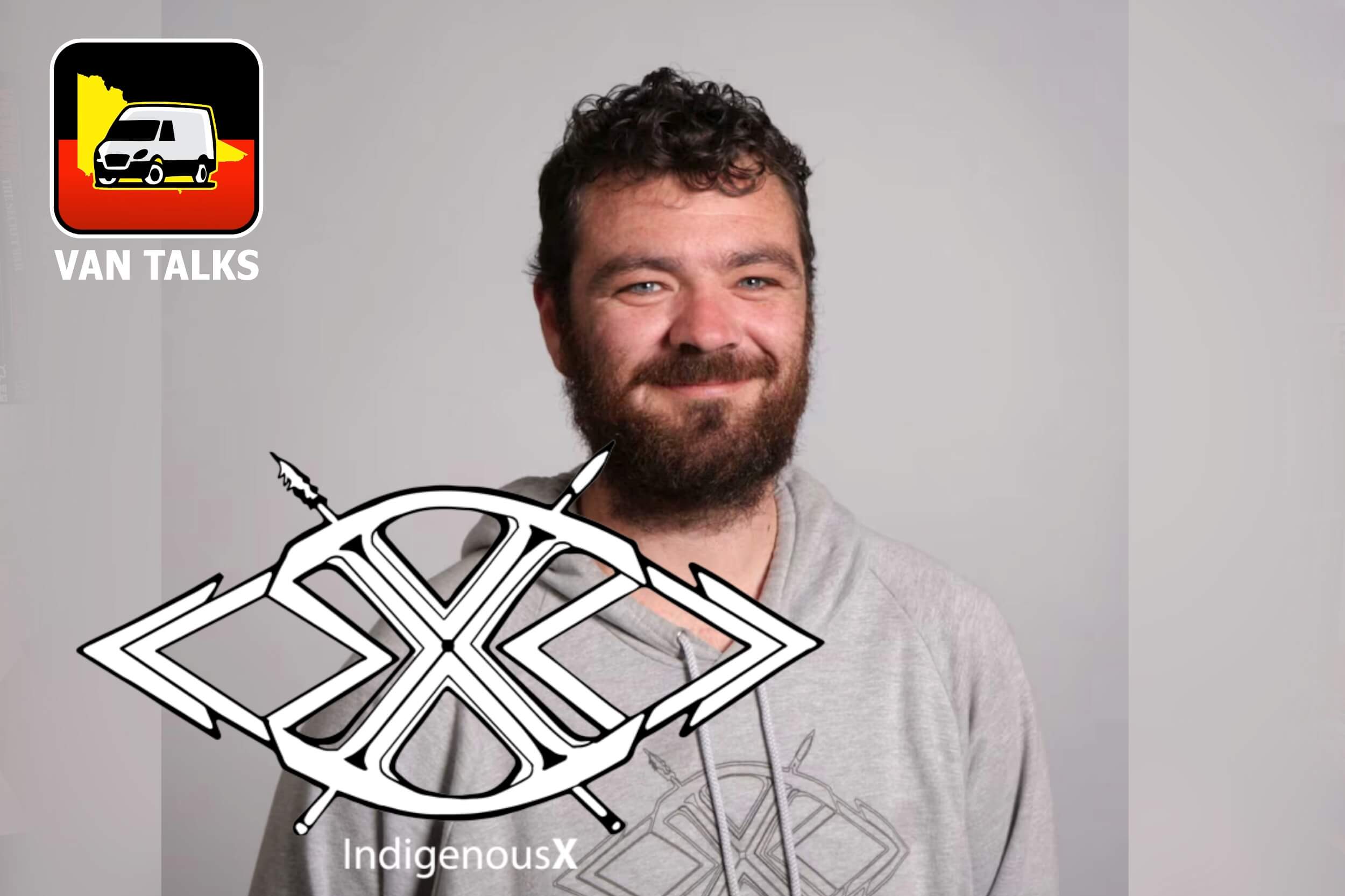

0 Comments